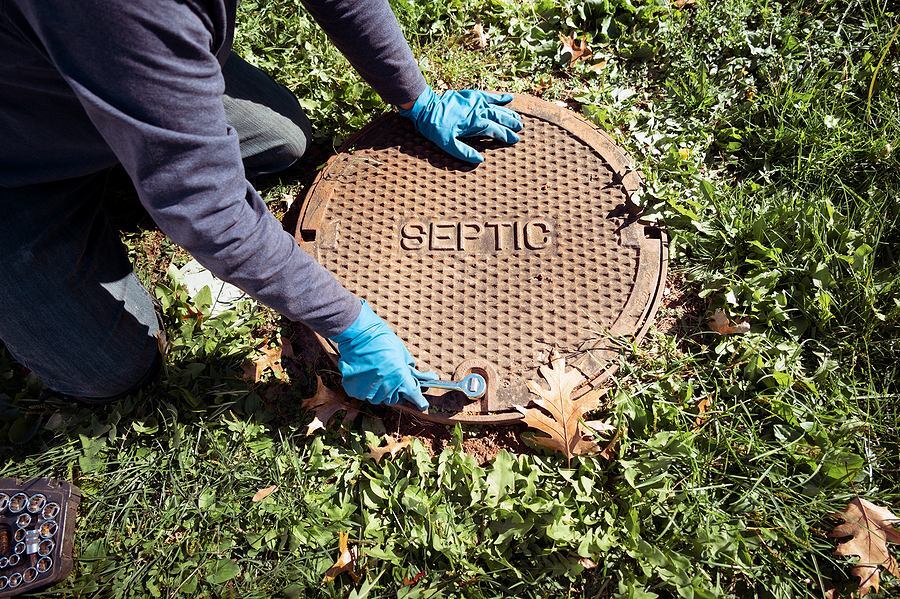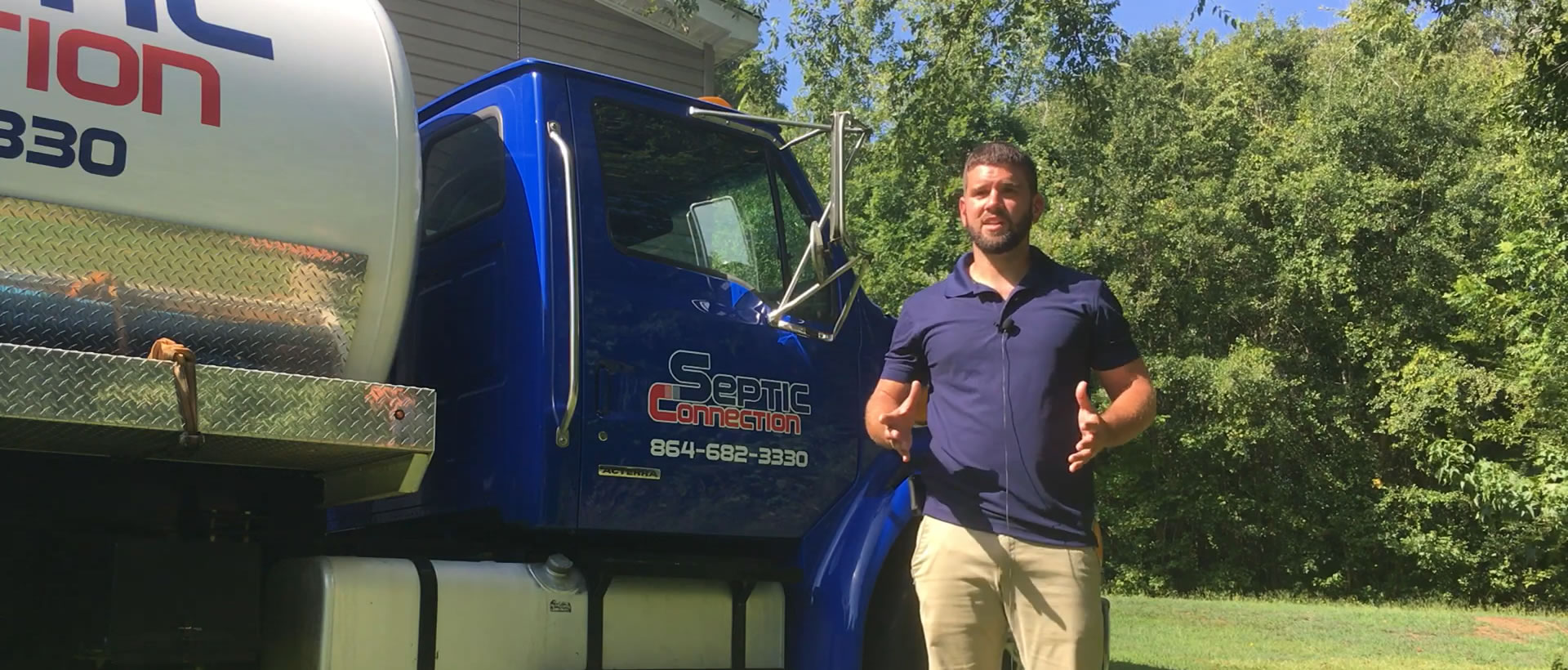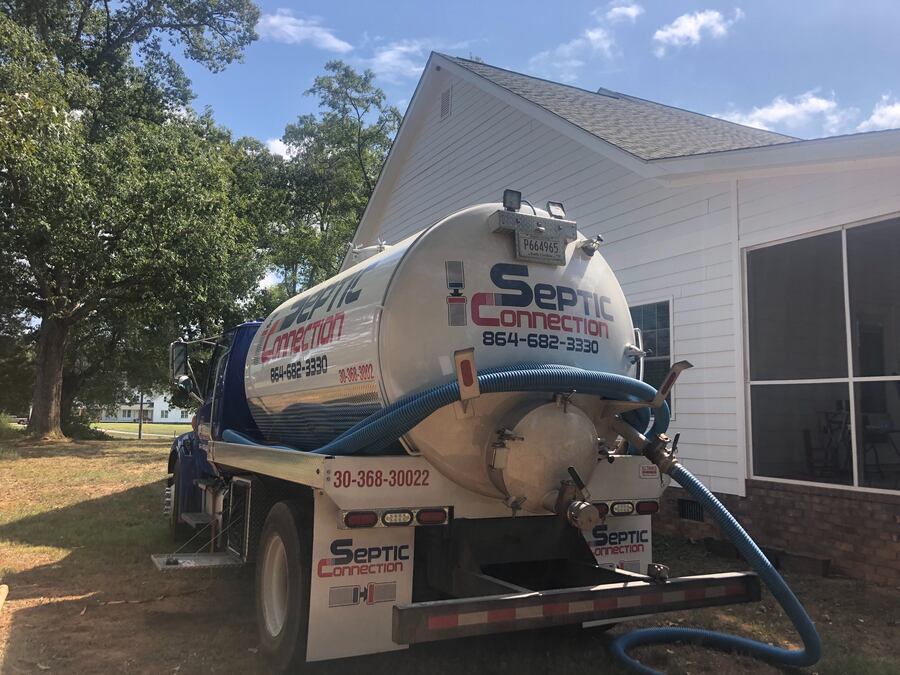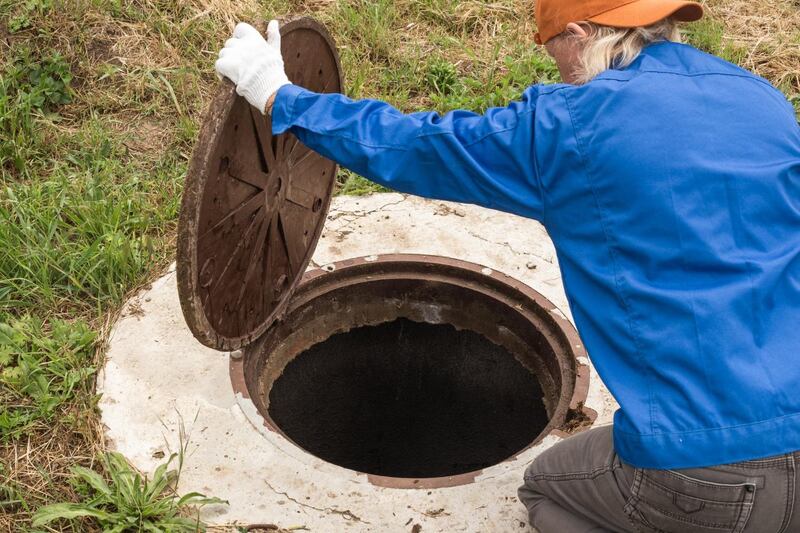
How to Handle a Septic Tank Emergency
Do you rely on an onsite waste treatment system? If so, the last thing you want is an emergency, especially if you don't know how to respond. After a successful septic tank installation, emergencies like foul odors and sewage backups require quick thinking and the right actions to prevent further damage. At Septic Connection, we leverage extensive expertise and knowledge to inspect, diagnose, and address issues quickly. If you prefer a more proactive approach, here's how to effectively handle a septic tank emergency.
Identifying the Signs of a Septic Tank Emergency
The first step in septic tank repair and maintenance is recognizing the signs. Common signs include foul odors emanating from drains or the area around the tank, slow-draining sinks and toilets, gurgling sounds in the plumbing, and visible sewage backups in the home or yard. Early detection is crucial in mitigating damage, hence the need to schedule routine visits with a trusted septic company.
Immediate Actions to Take
Once you identify a problem, act fast. Limit water usage in your home to prevent further strain on the system. This means avoiding laundry, dishwashing, and long showers. If you notice sewage backups, avoid contact with contaminated water to protect your health. Use gloves and masks to handle sewage to prevent exposure to harmful bacteria and viruses. The repairs can be messy, so hire a septic company to ensure safety and efficiency.
Contacting a Professional
In any septic tank emergency, contacting a professional septic service is essential. Attempting to resolve the issue alone can lead to more significant problems and potential health risks. A professional will have the necessary tools, experience, and knowledge to assess the situation accurately and provide the appropriate septic tank repair services.
Preventing Further Damage
While waiting for the professional to arrive, prevent further damage if sewage has backed up into your home, and close off affected areas to prevent the spread of contaminants. Use absorbent materials like towels or blankets to keep the sewage from seeping into other areas. Avoid using appliances or plumbing fixtures connected to the septic system until the issue is resolved.
Cleaning Up After a Septic Tank Emergency
Once the septic service has addressed the emergency, thorough cleaning is necessary. Clean and disinfect all affected areas using a solution of bleach and water. Dispose of any contaminated materials safely. Wearing protective gear during the cleanup process is essential to avoid exposure to harmful pathogens. Professional septic tank cleaning services may sometimes be required to ensure your home is thoroughly sanitized.
Preventive Measures for the Future
To avoid future emergencies, implement preventive measures. Regularly schedule professional inspections and maintenance services like septic tank pumping. Check what you flush down your drains and toilet; avoid dumping non-biodegradable items or grease and oils down the sink. During the initial septic tank installation, consider adding an alarm to alert you to potential issues before they become emergencies.
Understanding Your Septic System
A well-informed homeowner is better equipped to handle septic emergencies. Please educate yourself about how your septic system works, including maintenance needs like routine septic tank cleaning. Familiarize yourself with your system's layout, including the location of the tank and drain field, so you can quickly identify and respond to issues. This knowledge can be invaluable in preventing emergencies and ensuring the longevity of your septic system.
Handling a septic tank emergency requires quick thinking, immediate action, and professional intervention. Preventive measures and regular septic tank pumping are crucial to avoiding future emergencies. Contact us at Septic Connection and schedule a consultation to ensure your septic system operates smoothly for years to come.
 How it works
How it works




